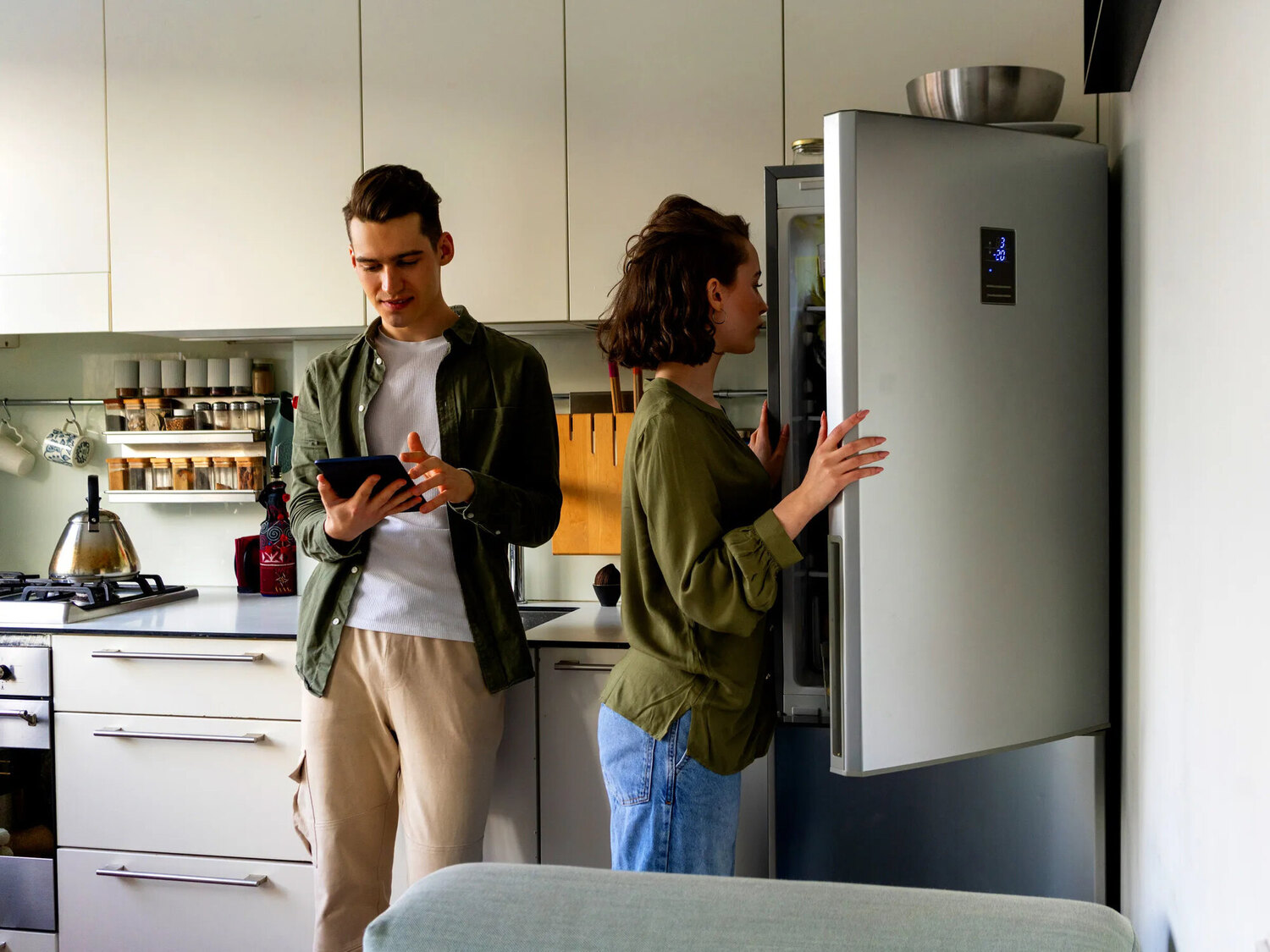

Articles
How Many Kwh Does A Refrigerator Use
Modified: March 20, 2024
Discover how many kilowatt-hours (kWh) a refrigerator uses and get expert tips and advice on energy-efficient appliances. Read informative articles on reducing electricity consumption.
(Many of the links in this article redirect to a specific reviewed product. Your purchase of these products through affiliate links helps to generate commission for Storables.com, at no extra cost. Learn more)
Introduction
A refrigerator is an essential appliance in every household, helping to keep our food fresh and safe for consumption. However, it is also one of the largest energy consumers in our homes. Understanding the energy usage of a refrigerator can not only help us make informed choices when purchasing a new one, but also allows us to take steps to reduce its energy consumption and lower our electricity bills. In this article, we will explore the factors that affect a refrigerator’s energy consumption, calculate its kWh usage, and provide some tips on reducing its energy usage.
Before we delve into the specifics, let’s first understand what a kWh is. Kilowatt-hour (kWh) is a unit of measurement that represents the amount of electricity consumed over a period of time. It is commonly used by utility companies to determine our energy usage and calculate our electricity bills. By understanding how many kWh our refrigerator uses, we can estimate its impact on our monthly energy consumption and expenses.
Key Takeaways:
- Understanding the kWh usage of your refrigerator is crucial for making informed decisions about energy-saving practices, optimizing its energy consumption, and ultimately reducing your electricity bills.
- By implementing simple tips such as setting the correct temperature, minimizing door openings, and considering energy-efficient models, you can effectively reduce your refrigerator’s energy consumption, save money, and contribute to a more sustainable and environmentally friendly lifestyle.
Read more: How Many Kwh Does An AC Use
Understanding Kilowatt-hours (kWh)
Kilowatt-hour (kWh) is a unit of measurement that quantifies the amount of energy consumed by an appliance or system over a specific period of time. It is a combination of power (measured in kilowatts) and time (measured in hours). Simply put, it represents the energy used when an electrical device operates at a certain power level for one hour.
To put it into perspective, if a refrigerator has a power consumption of 1000 watts (or 1 kilowatt) and operates for 4 hours a day, it would consume 4 kilowatt-hours (4 kWh) of energy in that day. This information is crucial as it helps us understand the energy consumption patterns of our refrigerator and the impact it has on our overall electricity usage and costs.
When it comes to measuring the energy usage of an appliance, such as a refrigerator, it is important to consider both the active and standby power consumption. Active power consumption refers to the energy used while the appliance is running, such as when the compressor is cooling the fridge. Standby power consumption, also known as vampire power or phantom load, refers to the energy consumed when the appliance is not actively running but still connected to the power source, like when the refrigerator is in standby mode.
Understanding the kWh usage of our refrigerator enables us to make more informed decisions about energy-saving practices and potentially reduce our electricity bills. By monitoring the energy usage of our appliances, we can identify areas where we can make adjustments or upgrades to save energy and money in the long run.
Factors Affecting Refrigerator Energy Consumption
Several factors can impact the energy consumption of a refrigerator. By understanding these factors, we can take steps to optimize our refrigerator’s energy usage and reduce its impact on our electricity bills. Let’s take a closer look at some of the key factors:
- Size and Capacity: The size and capacity of a refrigerator directly affect its energy consumption. Larger refrigerators typically consume more energy to maintain the desired temperature. If you have a large refrigerator but don’t fully utilize the space, consider downsizing to a more appropriate size that meets your needs.
- Age and Efficiency: Older refrigerators tend to be less energy-efficient compared to newer models. Modern refrigerators are designed with energy-saving features, such as improved insulation, more efficient compressors, and advanced temperature controls. Upgrading to an energy-efficient model can significantly reduce your refrigerator’s energy consumption.
- Temperature Settings: The temperature settings of your refrigerator and freezer can affect energy consumption. Keeping the refrigerator temperature between 35°F (2°C) and 38°F (3°C) and the freezer temperature around 0°F (-18°C) is recommended for optimal food preservation while minimizing energy usage.
- Placement: The location of your refrigerator can impact its energy efficiency. Placing it near a heat source like the oven or direct sunlight can cause it to work harder to maintain the desired temperature. Make sure to position your refrigerator in a cool, well-ventilated area away from heat sources.
- Door Seals and Maintenance: Damaged or worn-out door seals can lead to cold air leakage, causing your refrigerator to work harder and consume more energy. Regularly check the door seals and clean them to ensure a tight seal and optimal energy efficiency.
- Frequency of Door Openings: The more frequently you open the refrigerator door, the more energy it will consume. Every time the door is opened, cold air escapes, and the refrigerator has to work harder to restore the internal temperature. Make sure to minimize unnecessary door openings and retrieve multiple items at once to reduce energy usage.
- Proper Loading and Organization: Efficiently loading and organizing your refrigerator can improve airflow and prevent overpacking, allowing air to circulate freely. This helps maintain an optimal temperature and reduces the workload on the refrigerator’s cooling system.
By considering these factors and implementing energy-saving practices, you can effectively reduce your refrigerator’s energy consumption and contribute to a more sustainable and cost-effective home.
Average Energy Usage of Refrigerators
The energy usage of refrigerators can vary depending on factors such as size, age, efficiency, and usage patterns. However, understanding the average energy consumption of refrigerators can help us gauge how energy-efficient our appliance is and make better-informed decisions when it comes to energy-saving measures.
The average energy usage of a refrigerator is measured in kilowatt-hours per year (kWh/year). According to the U.S. Department of Energy, the average energy consumption of a refrigerator in the United States is around 600 to 800 kWh per year. It is important to note that this is an average value and actual energy usage can vary based on individual circumstances.
Smaller refrigerators such as mini-fridges or compact models typically have lower energy consumption, ranging from 250 to 400 kWh per year. On the other hand, larger refrigerators with higher capacity and more features may consume anywhere between 800 to 1200 kWh annually.
It’s also worth noting that ENERGY STAR certified refrigerators are designed to be more energy-efficient compared to standard models. These energy-efficient refrigerators typically consume 20% less energy than non-certified models. When purchasing a new refrigerator, look for the ENERGY STAR label to ensure that you are choosing an energy-efficient, environmentally friendly option.
The energy usage of refrigerators can also be impacted by usage patterns and lifestyle. Factors such as how frequently the door is opened, the temperature settings, and the amount of food stored can influence overall energy consumption. For example, a refrigerator with multiple door openings throughout the day or one that is frequently stocked and restocked with warm food will require more energy to maintain the desired temperature.
By understanding the average energy usage of refrigerators and taking into account individual usage patterns, you can make energy-conscious choices when selecting a refrigerator and adopt practices that help reduce its energy consumption.
Consider purchasing an Energy Star certified refrigerator, which uses 15% less energy than non-certified models. Also, keeping the refrigerator full helps it to maintain a stable temperature and reduces energy usage.
Calculating the kWh Usage of a Refrigerator
Calculating the kWh usage of a refrigerator allows us to understand its energy consumption and estimate its impact on our electricity bills. Here’s a simple method to calculate the kWh usage:
- Check the wattage: Start by finding the wattage rating of your refrigerator. This information is usually located on a label inside the refrigerator or in the product manual. The wattage represents the amount of power the refrigerator consumes when it is running.
- Estimate the usage time: Determine how many hours per day the refrigerator operates. On average, refrigerators run for about 8 to 12 hours per day, depending on factors such as the cooling needs and ambient temperature.
- Calculate the daily energy consumption: Multiply the wattage of the refrigerator by the number of hours it runs per day. This will give you the energy consumption in watt-hours (Wh) for one day.
- Convert to kilowatt-hours: Divide the daily energy consumption in watt-hours by 1000 to convert it to kilowatt-hours. For example, if the daily energy consumption is 1200 watt-hours, divide it by 1000 to get 1.2 kilowatt-hours (kWh).
- Calculate the monthly or yearly usage: Multiply the daily energy consumption in kilowatt-hours by the number of days in a month or a year to estimate the monthly or yearly kWh usage of your refrigerator.
Keep in mind that this is a simplified calculation, and the actual energy usage can vary based on factors like temperature settings, door openings, and the efficiency of the refrigerator. However, this method provides a rough estimate of the kWh usage, allowing you to monitor and better understand your refrigerator’s energy consumption.
Remember that reducing the energy usage of your refrigerator not only helps lower your electricity bills, but it also contributes to a more sustainable and environmentally friendly lifestyle. By implementing energy-saving practices and investing in an energy-efficient model, you can further reduce your refrigerator’s kWh usage and minimize your carbon footprint.
Read more: How Many KWh Does An Air Conditioner Use
Tips for Reducing Refrigerator Energy Consumption
Reducing refrigerator energy consumption not only helps lower your electricity bills, but it also contributes to a more sustainable and eco-friendly lifestyle. By implementing these tips, you can optimize your refrigerator’s energy usage and reduce your environmental impact:
- Set the temperature correctly: Adjust the temperature settings of your refrigerator and freezer to the recommended levels. The ideal refrigerator temperature is between 35°F (2°C) and 38°F (3°C), while the freezer should be kept around 0°F (-18°C). These temperatures ensure food safety while minimizing energy consumption.
- Keep the refrigerator door closed: Regularly remind yourself and others in your household to avoid frequent unnecessary door openings. Each time the door is opened, cold air escapes, and the refrigerator has to work harder to restore the internal temperature. Retrieve multiple items at once and close the door promptly to minimize energy loss.
- Ensure proper ventilation and clearance: Keep your refrigerator well-ventilated and ensure there is enough clearance around it. Allow at least 2-3 inches of space at the back and sides of the refrigerator to facilitate proper airflow and heat dissipation. This helps the refrigerator operate efficiently and reduces energy consumption.
- Regularly clean and maintain: Clean the refrigerator coils at least twice a year to remove dust and debris. Dirty coils can affect the efficiency of the refrigerator and cause it to consume more energy. Additionally, check and clean the door seals to ensure a tight seal and prevent cold air leakage.
- Organize your refrigerator: Keep your refrigerator organized to improve airflow and prevent overpacking. Avoid overloading the shelves and ensure that items are not blocking the air vents. This allows for better circulation of cold air, reducing the workload on the refrigerator’s cooling system.
- Consider the location: Position your refrigerator in a cool area away from direct sunlight and heat sources such as ovens or radiators. Placing it near heat sources can cause it to work harder to cool its contents, leading to increased energy consumption.
- Check for energy-saving features: When purchasing a new refrigerator, opt for energy-efficient models with features like improved insulation, variable speed compressors, and advanced temperature controls. Look for refrigerators with the ENERGY STAR label, as these are designed to be more energy-efficient.
- Regularly defrost manual-defrost models: If you have a manual-defrost refrigerator, make sure to regularly defrost it to maintain its efficiency. Ice buildup can reduce the refrigerator’s cooling effectiveness and increase energy consumption.
- Consider a smaller refrigerator: Evaluate whether you truly need a large refrigerator. Downsizing to a smaller model can significantly reduce energy consumption, especially if you are not fully utilizing the space in your current refrigerator.
By implementing these energy-saving tips, you can reduce your refrigerator’s energy consumption and contribute to a greener and more sustainable lifestyle. Not only will you save money on your electricity bills, but you will also play a part in conserving energy and reducing your carbon footprint.
Conclusion
Understanding the energy usage of your refrigerator and taking steps to reduce its consumption can have a significant impact on your electricity bills and the environment. By considering factors such as size, efficiency, temperature settings, and maintenance, you can optimize your refrigerator’s energy usage and promote sustainable living.
Calculating the kWh usage of your refrigerator gives you valuable insights into its energy consumption patterns and allows you to make informed decisions about energy-saving practices. By implementing simple tips such as setting the correct temperature, minimizing door openings, maintaining proper ventilation, and organizing your refrigerator, you can effectively reduce its energy consumption and save money. Additionally, considering energy-efficient models and properly maintaining your refrigerator can further enhance its efficiency.
Reducing refrigerator energy consumption not only benefits you financially, but it also helps to conserve energy and reduce greenhouse gas emissions. By being mindful of your refrigerator usage, you can contribute to creating a more sustainable and environmentally friendly home.
Remember, every small action adds up, and by implementing energy-saving practices in your daily life, you can make a meaningful difference. So, start today by optimizing the energy usage of your refrigerator and join the movement towards a greener future.
Frequently Asked Questions about How Many Kwh Does A Refrigerator Use
Was this page helpful?
At Storables.com, we guarantee accurate and reliable information. Our content, validated by Expert Board Contributors, is crafted following stringent Editorial Policies. We're committed to providing you with well-researched, expert-backed insights for all your informational needs.


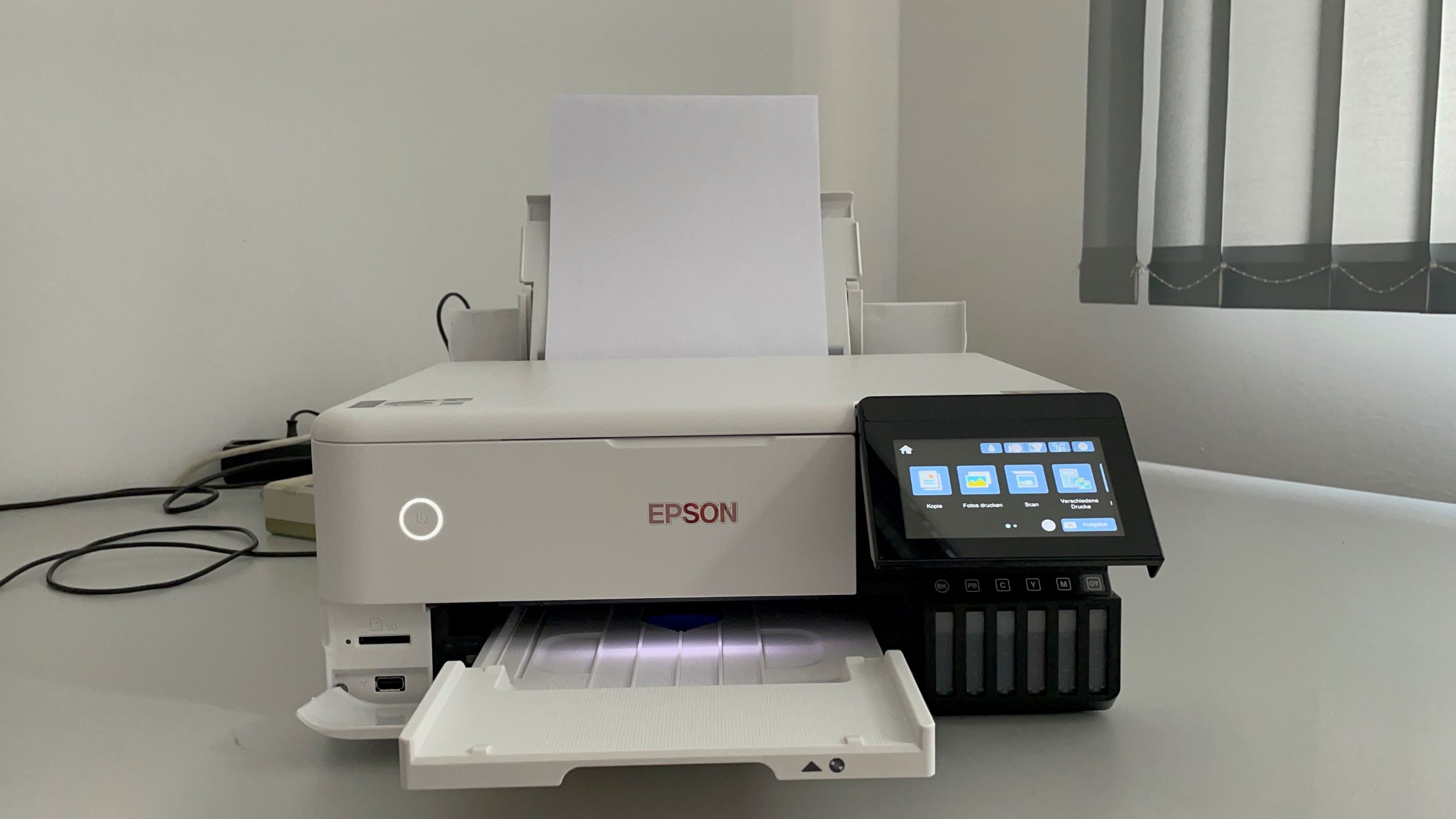

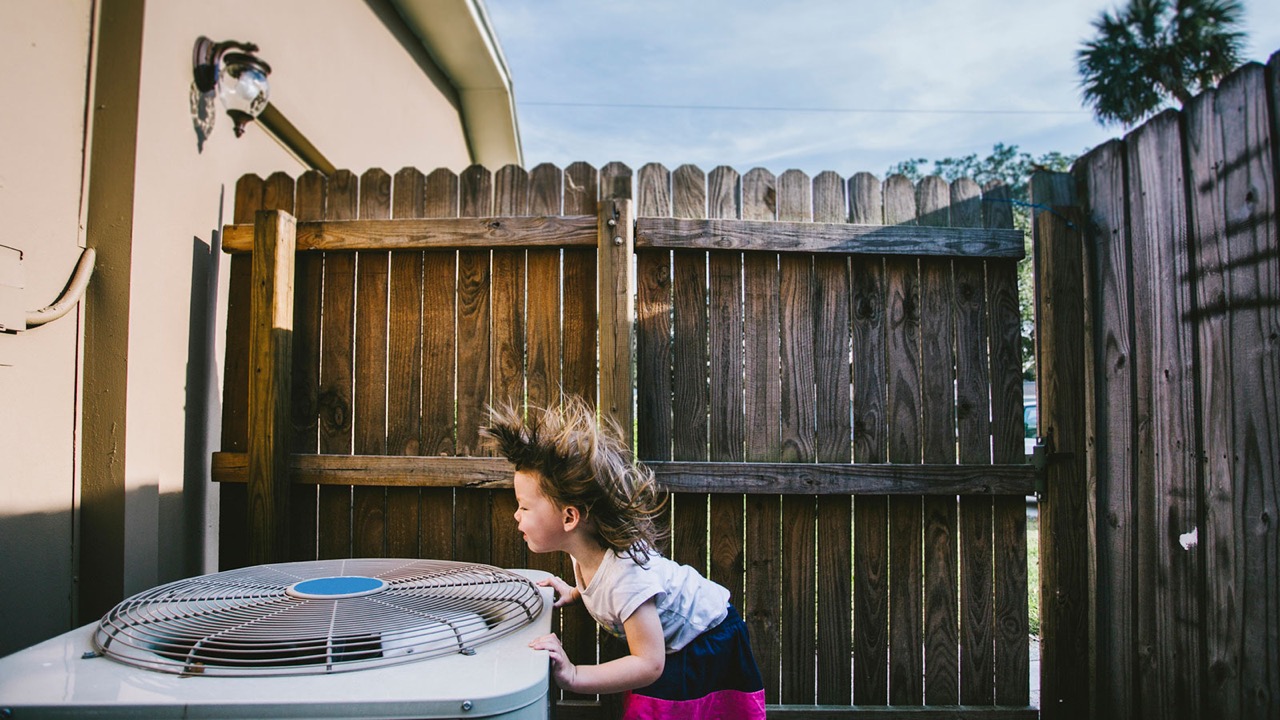
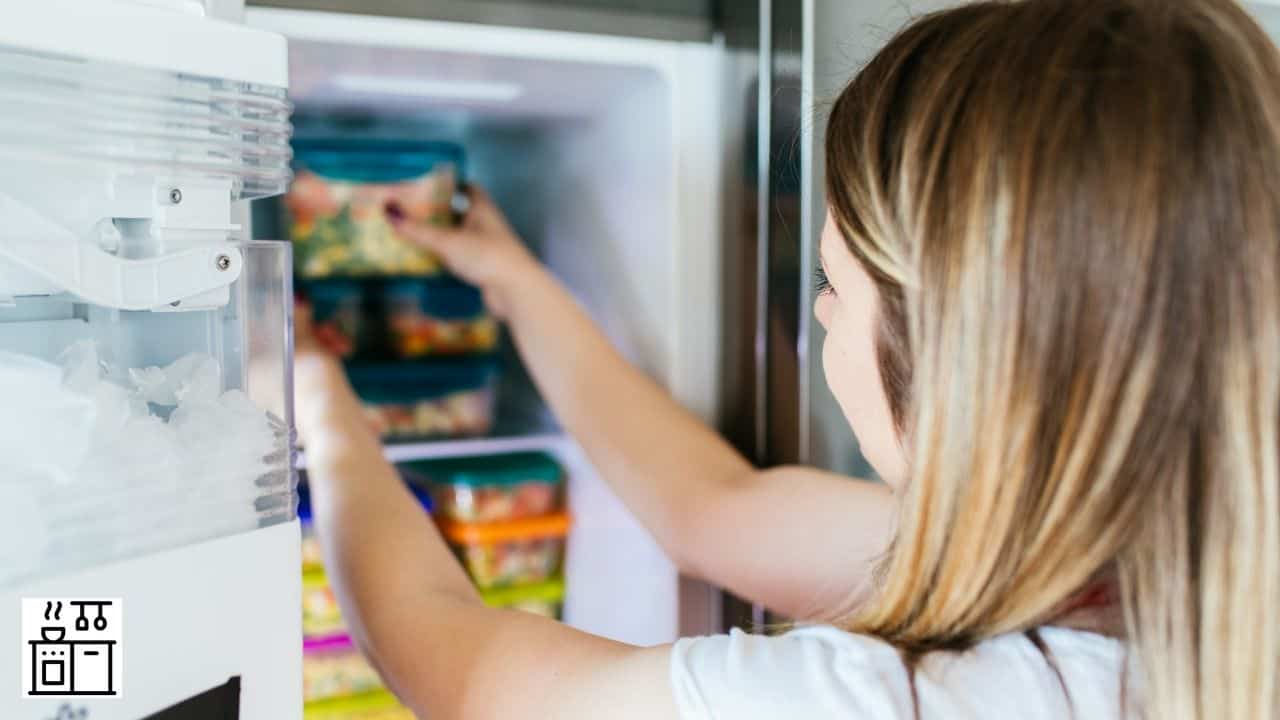

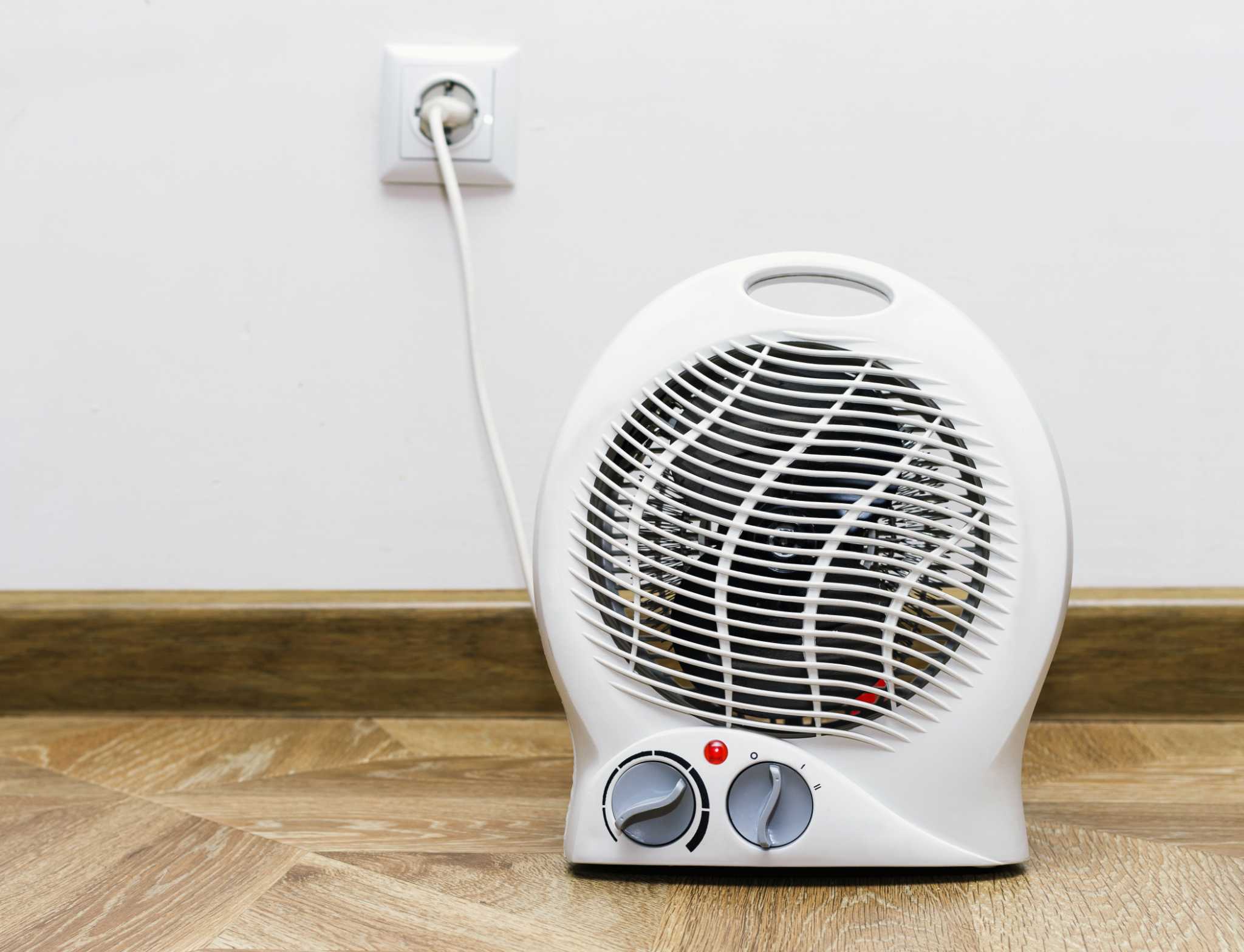
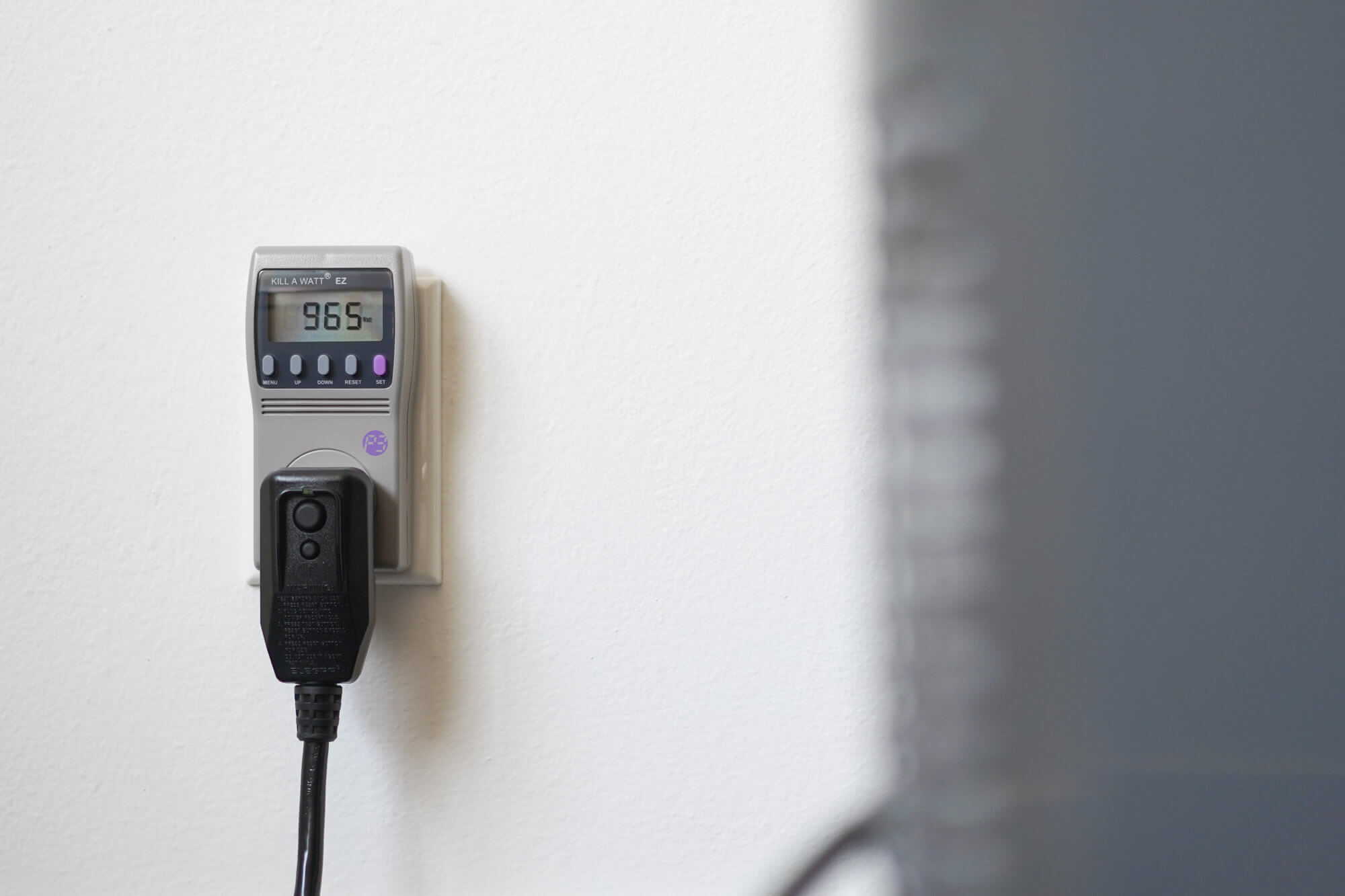
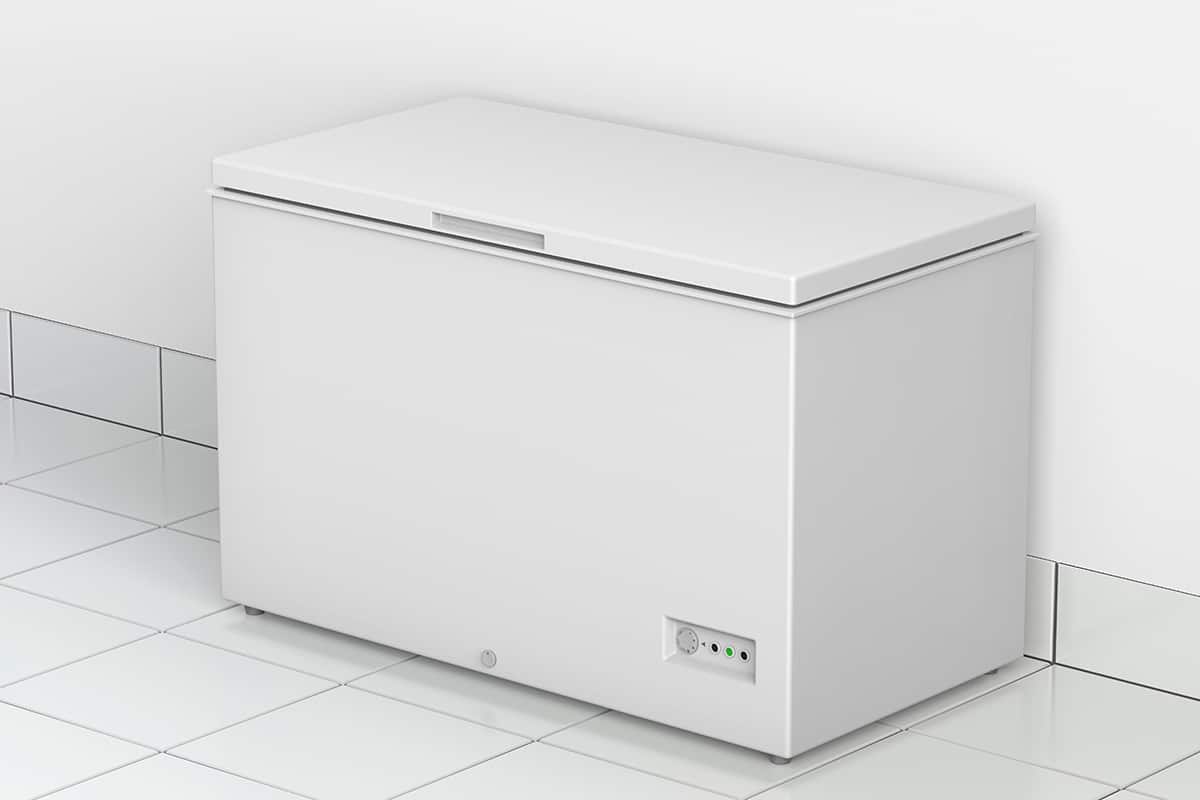

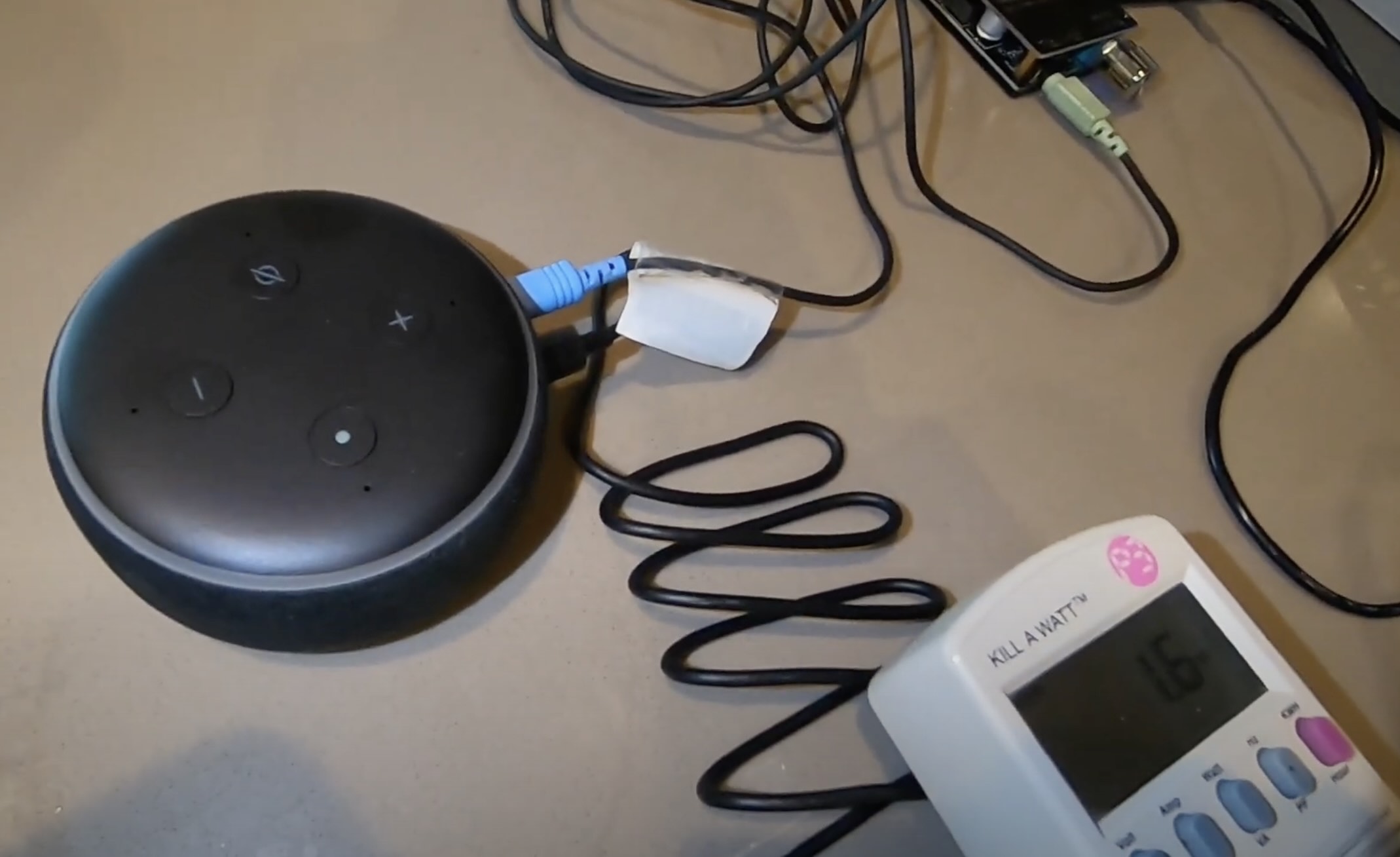
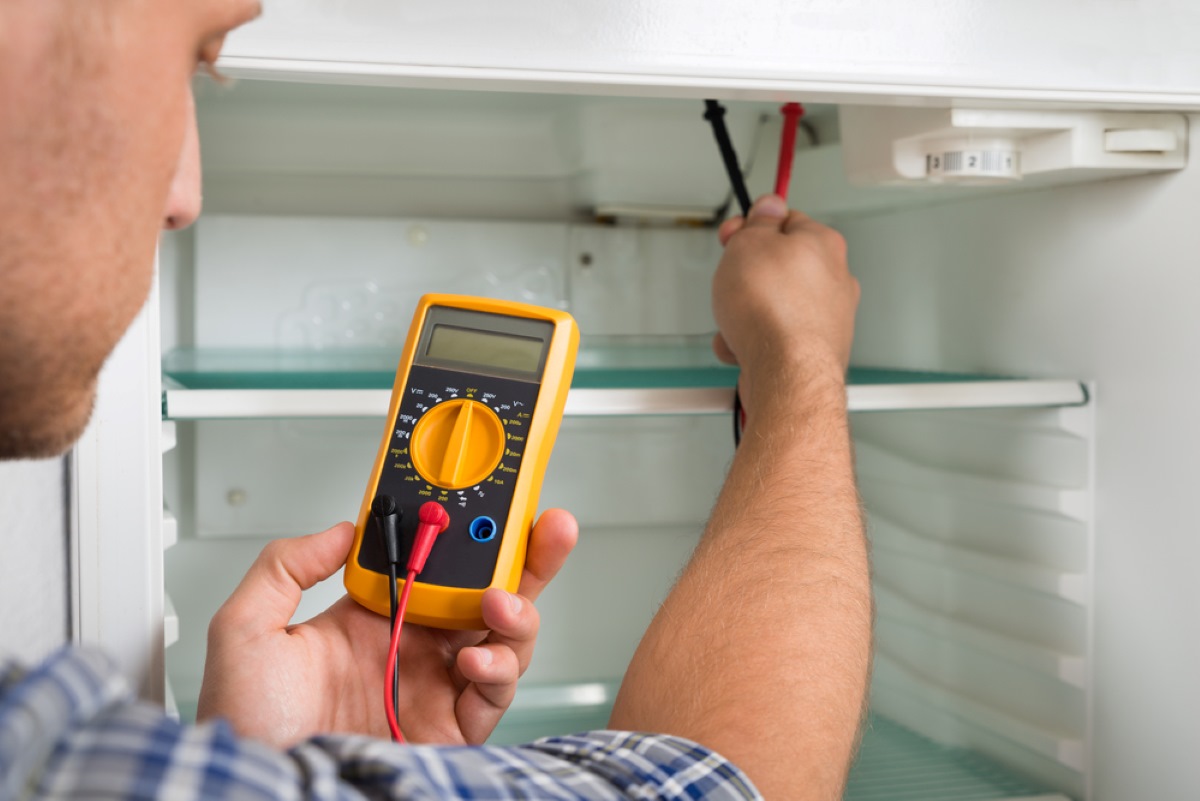
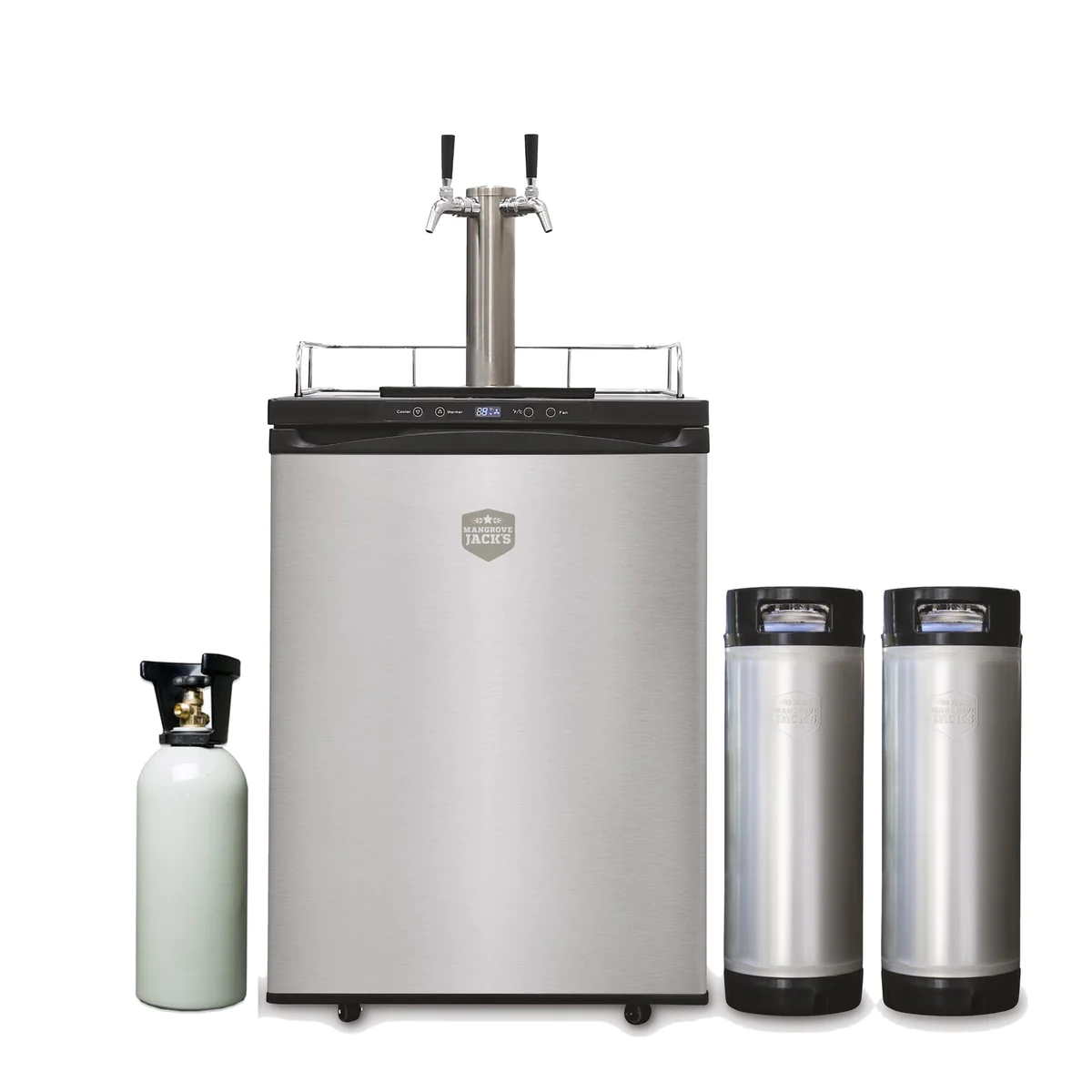

0 thoughts on “How Many Kwh Does A Refrigerator Use”